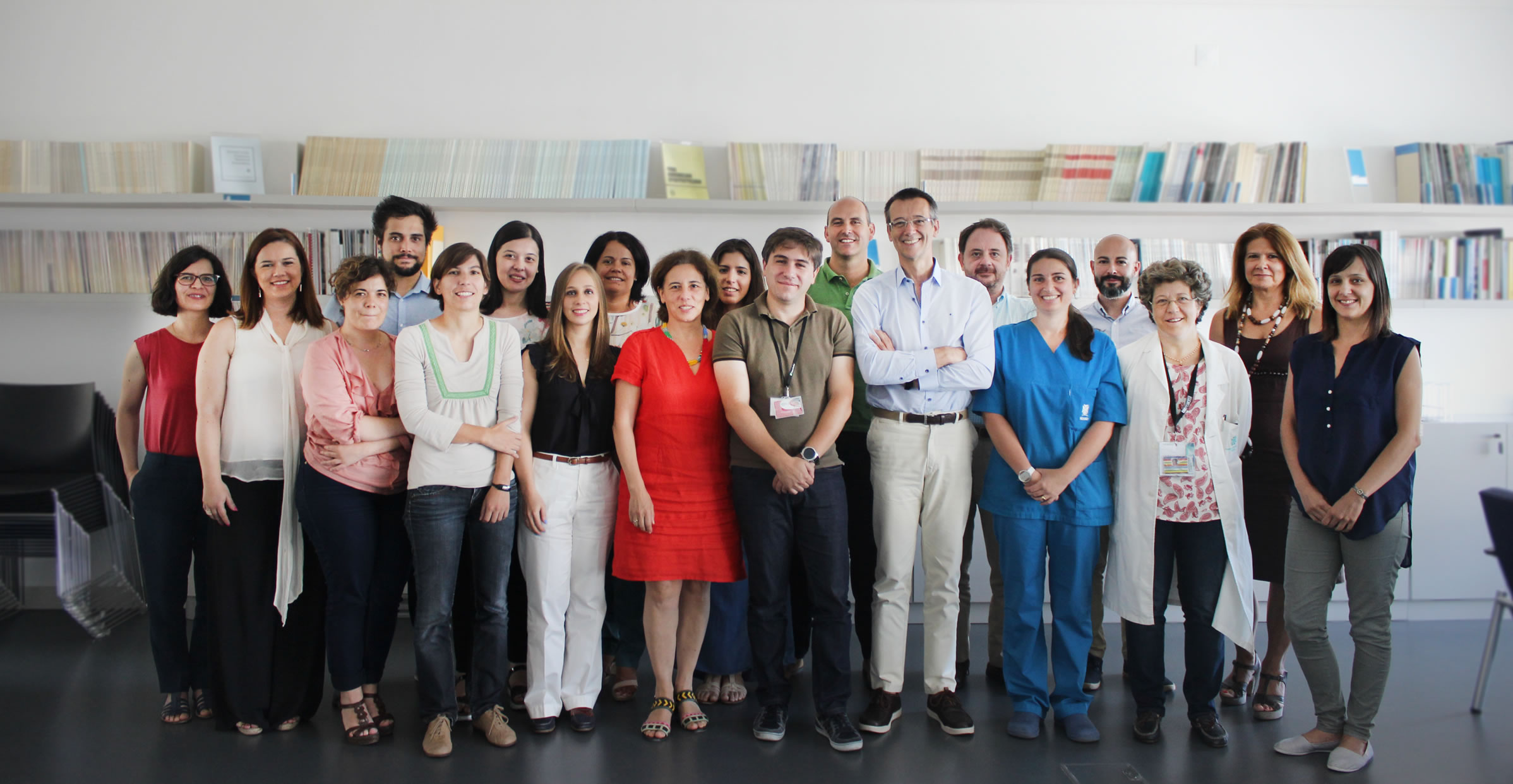Project Description

Deus ex Machina (DeM)
O Symbiotic technology for societal efficiency gains – Deus Ex Machina (DeM) é um projeto financiado em quase 3 milhões de euros pelo N2020 e que conta com a participação do CINTESIS, ao qual estão alocados cerca de 200 mil euros.
O nome do projeto evoca o teatro grego antigo, onde um problema aparentemente sem solução era ultrapassado por um novo elemento em cena, o Deus ex Machina.
Na atualidade, a sociedade depara-se igualmente com desafios de difícil resolução, como o uso inadequado dos recursos e o envelhecimento. Para os resolver, o presente projeto instituiu duas linhas de investigação: a EIT CC, ‘Eyes of the Internet of Things’ Competence Centre e a C3, ‘Companion’ Competence Centre, onde se insere a investigação do CINTESIS, liderada por José Silva Cardoso, investigador principal do Grupo CardioCare desta Unidade de I&D.
Abstract
When thought of at a distance, many of today’s societal challenges stem from waste, inadequate use of resources, lack of integrated solutions and effort replication. In addition already until 2030 the population of the world will likely grow to an amount of 8.5bn people (+1.2bn vs. 2015), rising to 9.7bn in 2050 and 11.2bn in 2100 according to the actual United Nations predictions1. All of this is leading not only to citizens being unable to maintain their living standards, but most importantly, to what some academics call defuturing. Facing this challenge, societies demand more from less for more, seemingly unsolvable, but which appears to be the point in ancient Greek drama, when such an impenetrable problem is suddenly disentangled by a new element coming onto the play: the ‘Deus ex Machina’.
Societies are striving for these new elements towards efficiency gains mediated by a symbiotic relationship of humans with technology. We need elements such as these, which are able to deal with complex problems and, at the same time, be transparent to the users, as ‘companions’ who assist in difficult, unknown or just prosaic tasks.
We have devised a robust proposal to begin tackling these challenges in specific target domains. It consists of two research lines, being one built on top of the other. The first one will research and create building blocks, from tangible to intangible elements, while the second will put these building blocks at the service of pressing societal needs in European and African countries, as described below.
EIT CC, ‘Eyes of the Internet of Things’ Competence Centre
This research line will concentrate on understanding the environment, the user, their context and actions, with the purpose to provide building blocks to all target domains in the other research line (C3). Four layers build the EIT CC:
- Sensing and actuating
- Local information fusion
- Remote information fusion and big data analytics in the cloud
- Networks for ICT4D.
C3, ‘Companion’ Competence Centre
Using the tools emerging from EIT CC, the Companion Competence Centre (C3)will study relevant societal challenges within scientific domains in relation to humans, in order to design ‘companions’, which are non-intrusive, assistive tools for everyday life in the domains below:
- Mind and behaviour
- Health and wellbeing
- Nutrition
- Agriculture
- Activity monitoring
- Community tools and social inclusion
Entidade Financiadora
N2020
Montante global
2.600.513,47 €
Montante CINTESIS
192.543,30 €
Referência
NORTE-01-0145-FEDER-000026
Duração
De 02/01/2016 a 31/12/2019
Investigadores CINTESIS envolvidos
José Carlos Silva Cardoso (PI), Manuel Campelo, Nuno Borges, Constança Paúl, Lia Fernandes, Óscar Ribeiro, Sónia Martins, Maria João Azevedo, Nuno Bettencourt, Sérgio Leite, Carla Sousa, Emília Moreira, Rui Valdiviesso
